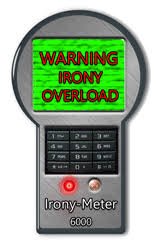You guys are talking about trade-offs and compromises. Strengths and weaknesses. That is why you can debate it.
They exist, we post on them. Surely when something is almost unobtainium and rare we are not able to talk and debate it.
The best audio gear has few to none. That is what distinguishes them from the rest. When your mind does not dwell on the sound of the gear and goes right to the music, you know something is right. When you find it difficult to describe the gear and only talk about the music and the listening experience, you know something is right.
Or you simply we are not analytical enough to do it or are not intersted in doing it anymore. I never tried to describe the sound of my car stereo, does it apply to being "the best"?
This is why I posted those few descriptions of the super tables. Read what the listeners are writing. Their words are very revealing.
Did you listen to the AF1P in your system?







